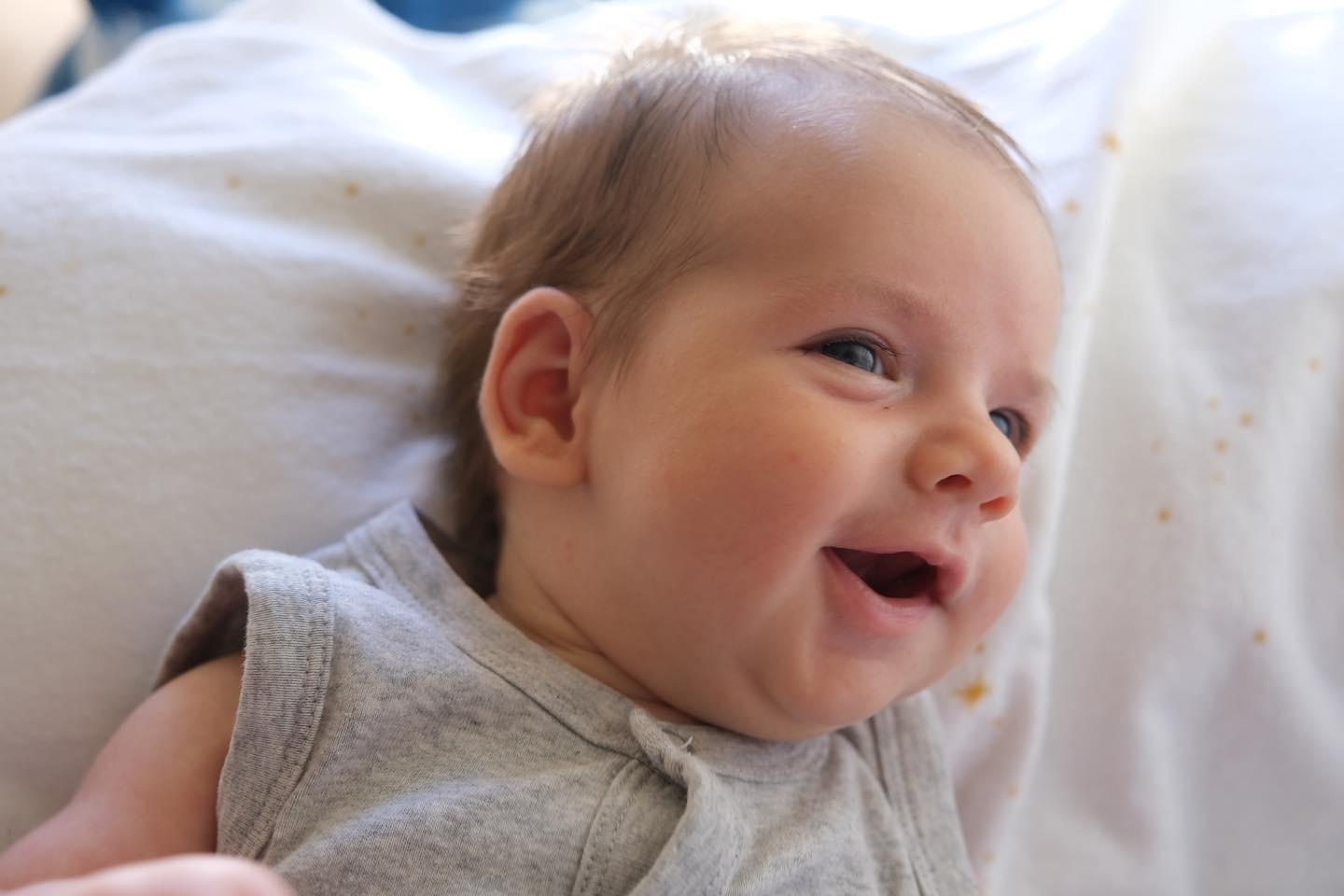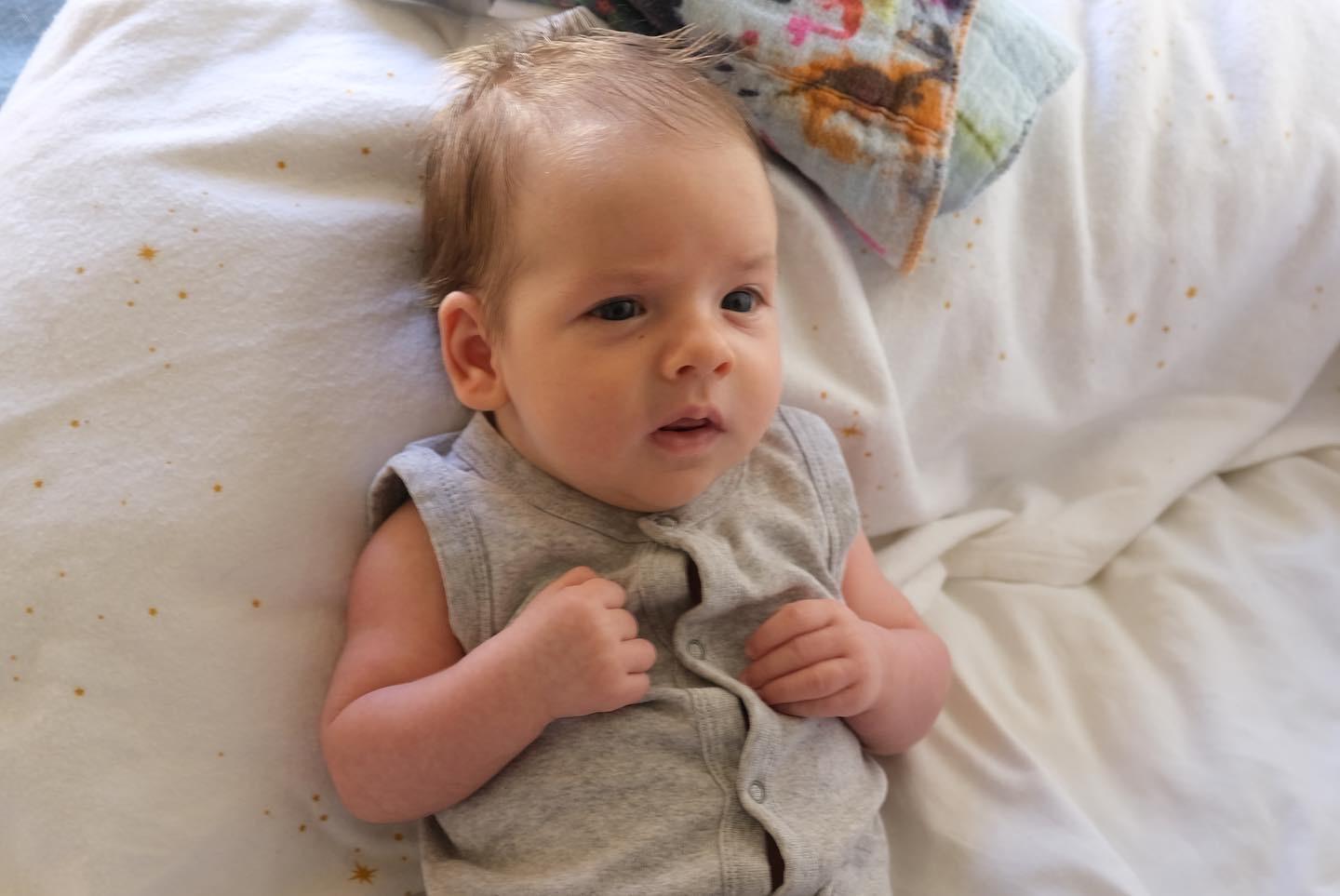Over in Platformer, Casey Newton reports that MailChimp’s CEO Ben Chestnut left after writing an ill-advised email about sharing personal pronouns during onboarding:
“Now, everything is incredibly politicized,” he said in the email. “I am finding that peeps are no longer motivated by meaningful work – they are motivated to make political statements. They are using company time and company resources to win a game, against their opponents, in a game that is raging in their minds and on social media.”
Needless to say, I think he missed the point.
It’s not some kind of game, although it might feel that way to someone whose demographics and background mean he’s never had to feel the brunt of systemic injustices. What’s actually happening is that groups of people whose identities have been historically suppressed and oppressed are now feeling free to express who they are. In turn, they’re engaging in mutual support: declaring personal pronouns is a simple, courteous way of saying that you’re welcoming to diverse identities. This isn’t to win points; it’s part of creating a more supportive environment for everyone, as opposed to one designed around the narrow demographic of people who have dominated mainstream business and culture at the expense of everyone else for generations.
In the case of pronouns, the correct pronoun to use is not always obvious, and it’s always safer and more courteous to use self-reported pronouns than trying to guess. And it matters: in transgender youth in particular, acceptance of gender was correlated with one-third lower odds of a past-year suicide attempt. Giving people the space to declare theirs - and normalizing it across a community like a workplace or school - is a very low-effort way to protect the health and well-being of people who need it.
More generally, I’m fed up of people who consider “woke” to be some kind of fad or societal affliction. It’s a welcome, progressive change that simply means you’re awake to the injustices of the past and want to correct them in the future. It’s worth considering what kind of person would find that to be a bad thing.
For the record, my pronouns are he/him.


 Share this post
Share this post



